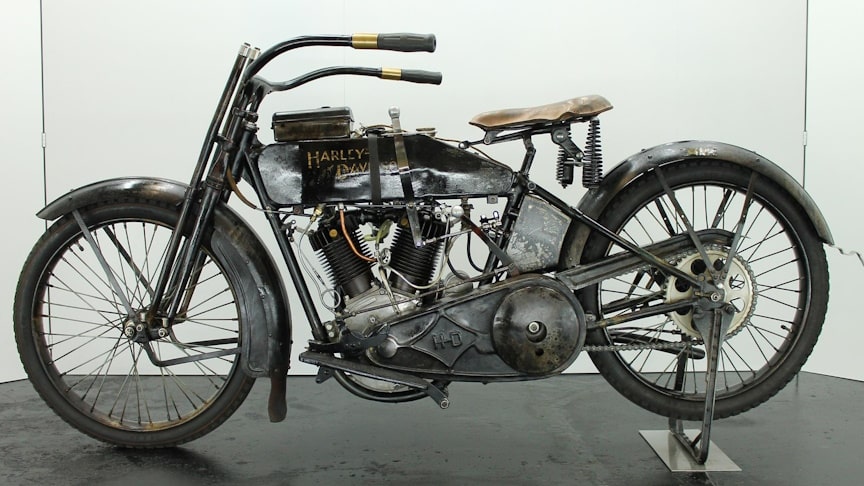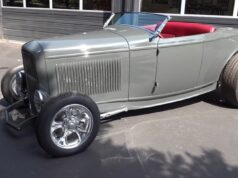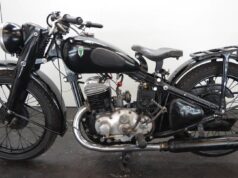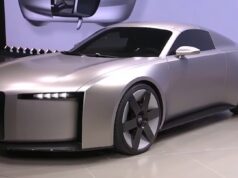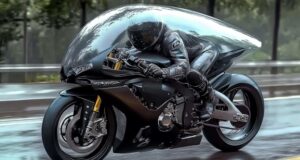This Model F has been completely technically restored in 2008. An Amal carburettor as well as an electronic ignition was fitted on the machine to guarantee a smooth run on the road. The whole motorcycle has a wonderful patina and runs absolutely well.
source.image: classic-motorcycle.com
The year 1909 marked the appearance of Harley-Davidson’s first v-twin, though it was not until the adoption of mechanically operated inlet valves in 1911 (replacing the ‘atmospheric’ type inherited from the single) that production really took off.
Known by the sobriquet ‘pocket valve’, this inlet-over-exhaust engine – built in 61 and 74cu in capacities – would remain in production for the next 20 years. The need to make better use of the engine’s power characteristics, particularly for sidecar pulling, prompted the introduction of a two-speed rear hub for 1914, by which time chain drive and a proper clutch had been adopted.
Advertisement
Later that same year a conventional, three-speed, sliding-gear transmission with ‘step starter’ was introduced on the top-of-the-range version of the twin which, with full electrical equipment, was listed from now on as the Model J. The Harley-Davidson v-twin offered here is an example of the three-speed, magneto-equipped Model F, which when new was priced at $30 less than the Model J.

